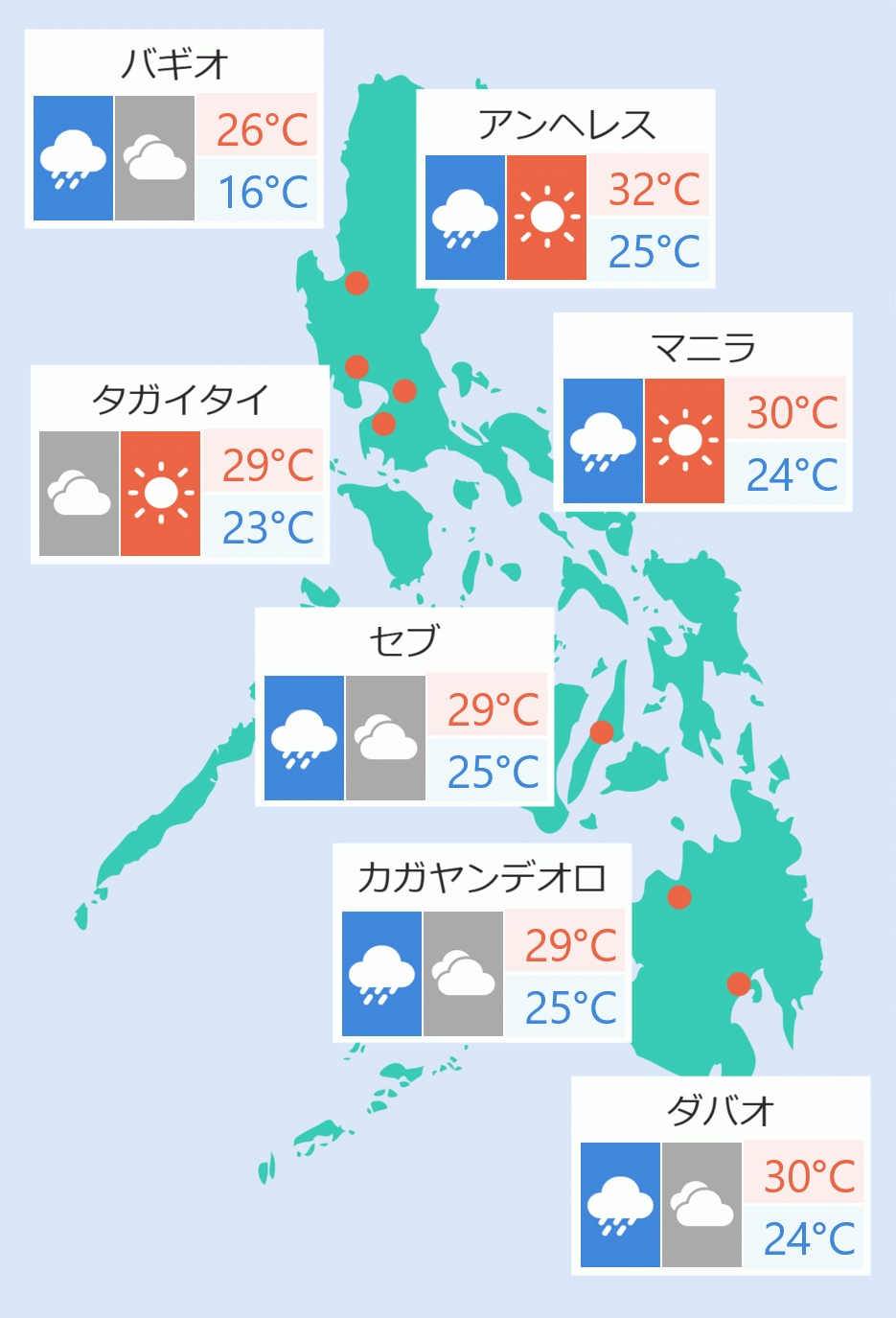The Philippine economy could expand by 6.4 percent this year and next year to be buoyed by investment and consumption, the Asian Development Bank (ADB) said on Wednesday.
ADB Country Director for the Philippines Kelly Bird, in a press conference in Mandaluyong City during the release of the new Asian Development Outlook 2019, said the Philippines is one of the "few countries," which is expected to register economic growth this year despite weakening external demand.
"The Philippine economy is on a healthy growth trajectory, with public and private investment sustaining strong growth for the economy this year and next year," he said.
Last year, gross domestic product grew 6.2 percent.
Bird said Philippine inflation is projected at 3.8 percent this year and 3.5 percent next year, within the government's target of 2 percent to 4 percent.
He hailed the Duterte administration for the "very proactive economic reform program laying foundations for higher long term growth."
Among the economic reforms were the passage of Ease of Doing Business Act, Corporation Code amendments, new Central Bank Act, Rice Trade Liberalization Act, and the Tax Reform for Acceleration and Inclusion (TRAIN) Act.
He noted "very proactive social reforms," helping to make growth inclusive, such as passage of the Universal Health Care Act and National Identification System.
While the faster than expected slowdown in advanced economies is one of the risks to Philippine growth, Bird said the country is "least vulnerable" to shocks as far as exports are concerned.
"The Philippines has a major infrastructure program that is keeping growth," he said.
He also cited the sustained growth in remittances from abroad and the business process outsourcing.
The delay in the 2019 budget approval could have an effect on the economy also, Bird said.
However, he said the effect could only be during the first quarter as ADB expressed optimism that later on the P3.757-trillion budget would be approved.
As to the Philippine loans with foreign lending agencies and governments, the ADB official said he did not see it as a concern since they are just a small part as a share of GDP.
Bird said also a risk to Philippine growth is the severe El Nino dry spell.
The ADO report noted that the agriculture sector in the country has been underperforming for the past two decades, growing by an average of 1.5 percent annually from 2011 to 2018.
With half of the country's population residing in rural areas and agriculture providing a quarter of the country's total employment, farm and off-farm income generating activities are critical for fostering inclusive growth, ADB said. Celerina Monte/DMS



 日本語
日本語
 English
English








